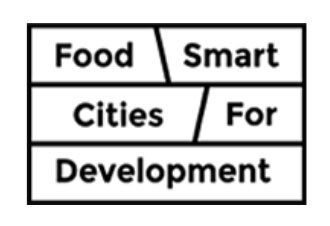School meals hold significant potential for urban food policies. They offer a promising arena for pursuing several objectives by addressing a particular aspect of the food system: fostering sustainable dietary practices among children and promoting the transition to a healthy and sustainable diet. Additionally, they can contribute to combating food poverty, advancing preventive healthcare measures, and nurturing healthy eating habits. Moreover, they can play a significant role in strengthening the connections between rural and urban areas and promoting awareness to children about food waste.
This report illustrates the infrastructures involved, the various management models and the experiences of MUFPP cities in building such a key system.




